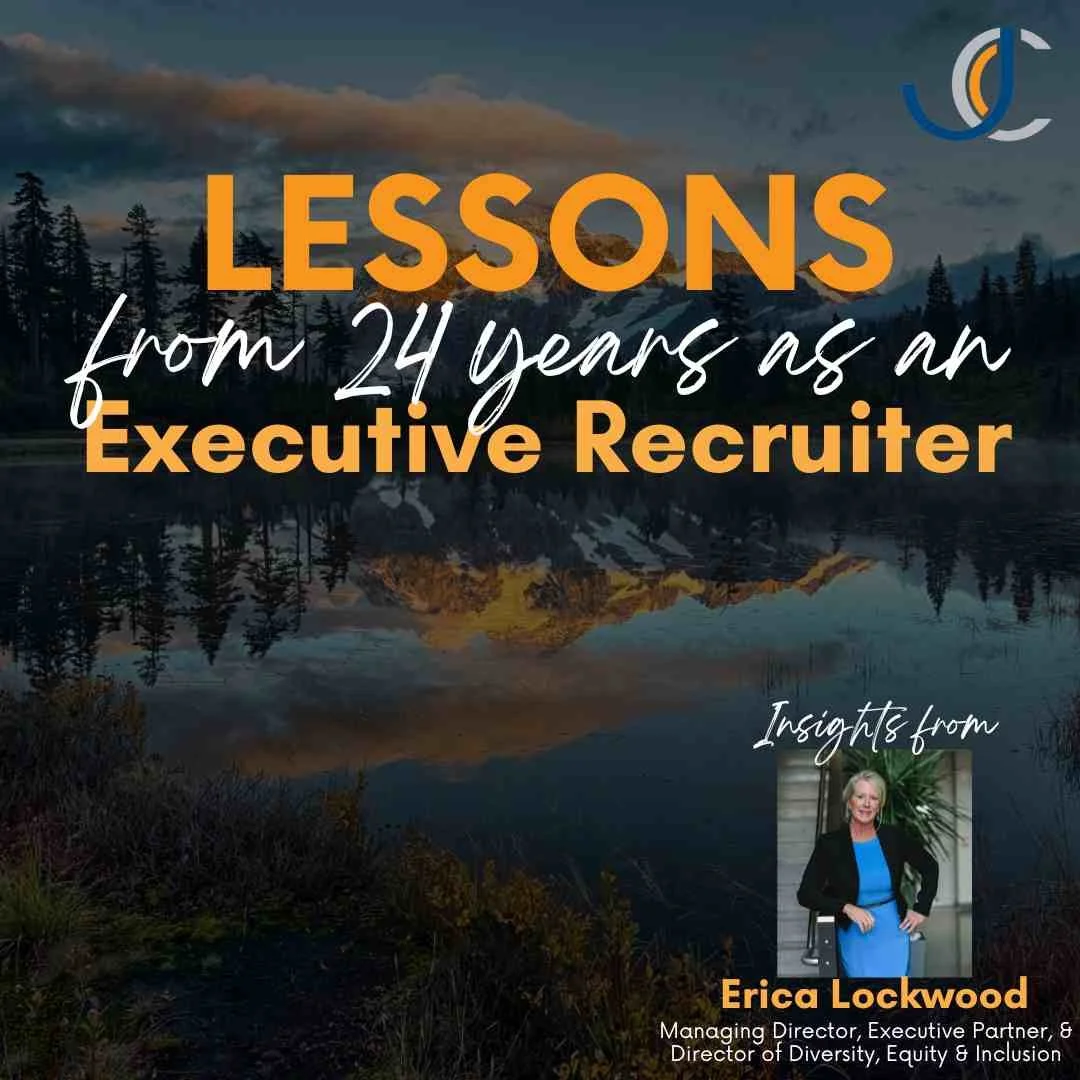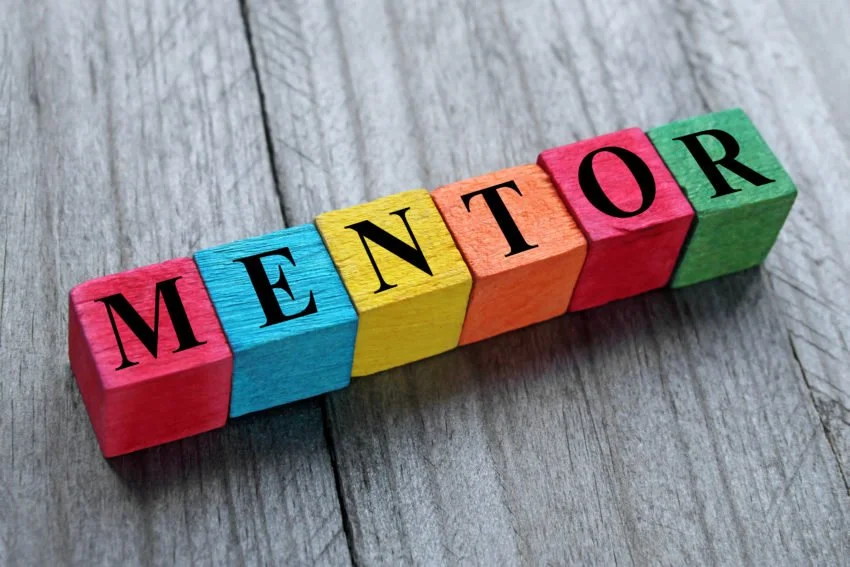Lessons from 24 Years as an Executive Recruiter
Lessons from a 24-Year Career: Insights and Reflections
I’ve spent the majority of my professional life navigating the ups and downs of a fulfilling executive recruiting career, with 24 of those years at Joseph Chris Partners. Along the way, I’ve learned countless lessons that have shaped not only my professional life but also my personal growth. I want to share some of these insights with you. Whether you’re just starting out or are a seasoned professional, I hope you’ll find these reflections helpful and inspiring.
Lesson 1: Life is Short, Take the Vacations
Regrettably, I must admit that I have not been one to take my own advice when it comes to taking vacations. Throughout my career, I often prioritized work over taking time off, believing that my constant presence was necessary for success. However, I’ve come to realize the importance of taking breaks and the positive impact it can have on both personal well-being and professional performance.
While I still struggle with this, I always emphasize to my team the importance of taking vacations and time off. I encourage them to disconnect, recharge, and return to work with renewed energy and creativity. It’s a lesson I wish I had embraced earlier, and I hope my team can benefit from this insight.
Tips for Making the Most of Your Time Off:
Plan your vacations in advance to ensure you can fully disconnect.
Engage in activities that you enjoy and that help you relax.
Avoid checking work emails or messages during your time off.
Lesson 2: Be the Hardest Working Person in the Room
You don’t always have to be the smartest person in the room, but being the hardest working one can make a significant difference. Throughout my career, I’ve seen how dedication and perseverance can open doors and create opportunities.
Hard work isn’t just about putting in long hours; it’s about being consistent, reliable, and always striving to improve. I recall countless occasions where our team (and myself!) was struggling with difficult searches. By putting in the extra effort and encouraging the team to do the same, we have consistently exceeded our clients’ expectations. These experiences have taught me that hard work, combined with teamwork, can lead to remarkable outcomes.
The Difference Between Working Hard and Working Smart:
Prioritize tasks that have the most significant impact.
Take breaks to avoid burnout and maintain productivity.
Continuously seek ways to improve your skills and efficiency.
Lesson 3: Ask Questions and Seek Mentorship
No one has all the answers, and that’s perfectly okay. One of the best ways to grow professionally is by asking questions and seeking mentorship. Early in my career, I was fortunate to have mentors who guided me and provided valuable insights.
Mentorship can accelerate your learning and help you avoid common pitfalls. I remember a mentor who once told me, “You can’t grow if you don’t know.” This simple yet profound advice encouraged me to always seek knowledge and never be afraid to ask for help. Over the years, I’ve found that being curious and open to learning from others has been instrumental in my success.
Advice on Finding and Approaching Mentors:
Identify individuals whose careers you admire and reach out to them.
Be respectful of their time and come prepared with specific questions.
Show appreciation for their guidance and keep them updated on your progress.
Lesson 4: You Don’t Have to Be the Smartest Person in the Room
It’s easy to feel intimidated when you’re surrounded by highly intelligent and accomplished individuals. However, I’ve learned that you don’t have to be the smartest person in the room to make a significant impact. Instead, focus on leveraging the strengths of your team and collaborating effectively.
In one of my earlier career roles, I worked with a team of experts who were far more knowledgeable in their respective fields than I was. Rather than feeling inadequate, I embraced the opportunity to learn from them and contribute in my own way. By fostering a collaborative environment and recognizing the value each person brought to the table, we achieved great success together.
How to Leverage the Skills and Knowledge of Your Team:
Encourage open communication and idea-sharing.
Recognize and celebrate the contributions of others.
Be willing to delegate tasks and trust your team’s expertise.
Reflecting on my 24-year career, these lessons have been invaluable in shaping my professional journey. I hope that by sharing them, you can find inspiration and guidance for your own career path. Remember, life is short, so take the vacations, work hard, seek mentorship, and embrace the strengths of those around you.



